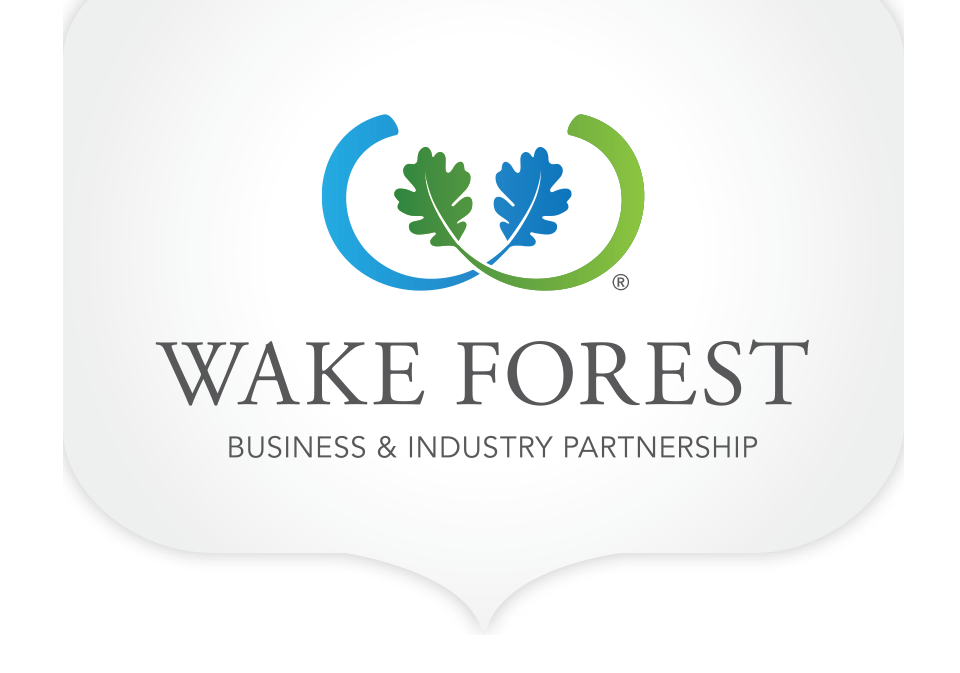Among the Town of Wake Forest’s most formidable economic assets is a non-profit institution whose mission doesn’t even involve business.
Founded in 1950 and at the time co-located with Wake Forest College, the Southeastern Baptist Theological Seminary (SEBTS) has trained generations of ministers, church musicians, missionaries, and theologians – providing service-minded Christian leaders throughout the world. But closer to home, the Seminary serves as an indispensable economic, workforce, and community asset for Wake Forest and the larger region.
Ryan Hutchinson, who serves as SEBTS’s Executive Vice President for Operations, says the institution strives to play a role in Wake Forest that supports the town, region, and its campus. “We actually view the fact that we’re in Wake Forest and the Triangle as a significant recruiting tool for Southeastern,” says Hutchinson, whose 25 years on staff at SEBTS has earned him the nickname “Hutch.” The community’s quality of life, including a vibrant job market, helps attract students and faculty, many of whom arrive in Wake Forest with young families. “There’s a great parks system, walkable neighborhoods, and greenways,” Hutch says. “That’s a huge plus for our recruiting.”
In fact, the campus and the town form a seamless two-way value-chain. A 2018 economic impact analysis found that Seminary spending churned $41.4 million annually through Wake Forest’s two primary zip codes – 27587 and 27588. “This doesn’t take into account consumer spending by faculty and staff,” Hutch explains. Beyond that, the school produces a $52.3 million economic impact through the Greater Triangle’s seven-county region each year.
The study, performed by FHM Consulting of Knoxville, Tenn., was based on an analysis across the prior five years. “Southeastern has clearly become an economic engine and an important force in the economic vitality of Eastern North Carolina,” the study found. “Resulting benefits include increased job and investment opportunities, increased business revenues, greater availability of public funds, and an eased tax burden.”
SEBTS currently enrolls just over 5,900 undergraduate and graduate students. While most come from the mid-Atlantic U.S., the campus draws students from 47 states and 25 nations. Not all of them reside in campus housing. Some rent apartments in the private market or even purchase homes while here, Hutch says. Many opt to earn money by working local jobs. “Seminary students are known among local employers as really good workers,” he says. Many find their way into positions in local retail or restaurants; others go to work in technology or engineering settings. “It’s across the board,” Hutch says.
Once their studies are complete, Seminary grads fan out across the nation and the world to apply their knowledge, leadership skills, and credentials. While many SEBTS alumni remain in the Sun Belt, “we have a good number of students that head out across the globe to underserved areas and plant churches,” Hutch says. “That’s one of our distinguishing marks: students who venture outside traditional areas.”
Being a great community partner is a priority for Hutch and other SEBTS leaders. “All tides rise together,” he says. “If we can contribute to a vibrant town and community, that helps us in who we’re able to draw here.” Hutch has been active in the Wake Forest Chamber of Commerce, for example, even serving several terms on its board and joining a search committee for the Chamber’s current president. He also leads the Seminary’s partnership with the Wake Forest Business & Industry Partnership (WFBIP) to create a Technology-based Life Sciences Park, working closely on land-use planning and other key issues.
“The Seminary’s presence in Wake Forest is so ingrained in our community’s economic and social life that it’s difficult to describe just how central its role here is,” says Jason Cannon, President of the WFBIP. He suspects economic impact studies underestimate the campus’s true value as a generator of jobs and local tax-base. “It’s virtually impossible to distill their full impact here into a simple equation,” Cannon says.
The Seminary’s visionary leadership on such initiatives as the Life Sciences Tech Park showcases the strategic nature of its partnership with the Town and its economy. Moreover, SEBTS provides much of Wake Forest’s college-town feel, distinguishing the community as “more than just another Raleigh suburb,” Cannon says. “There’s really no substitute for that type of impact and leadership. Wake Forest is immensely fortunate to enjoy Southeastern’s recurring and enduring investment and commitment to our community.”






